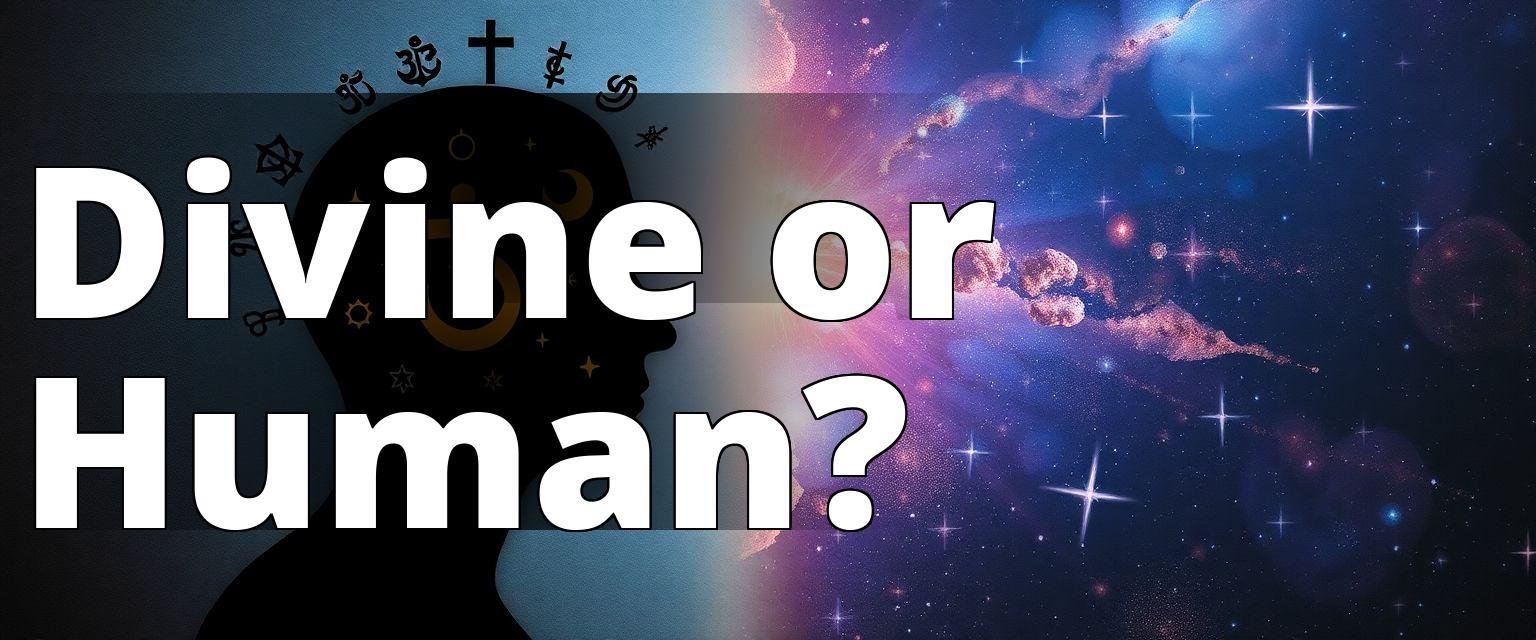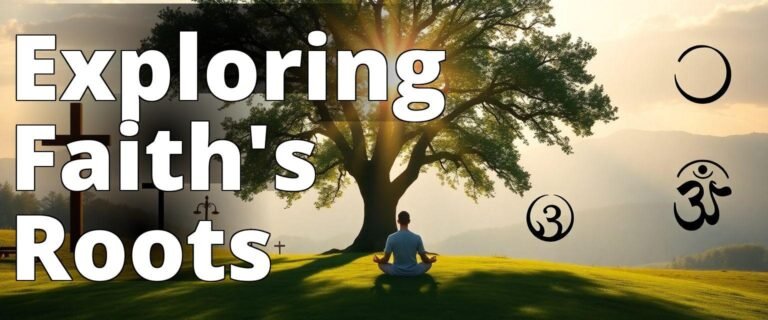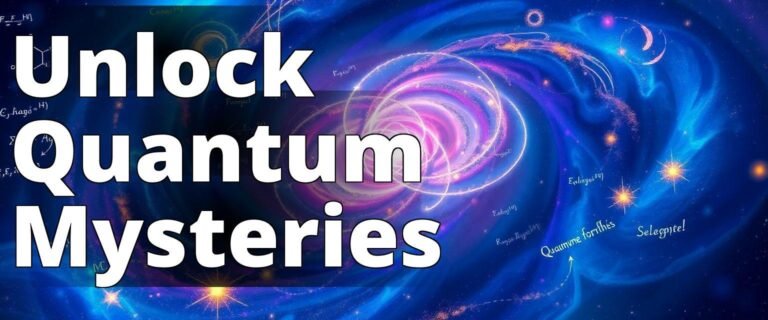Did God Create Man, or Man Create God?
The age-old debate about the origins of religious belief ignites curiosity and controversy: Did God create man, or did man create God? This question pokes at the very heart of human understanding and history. Religion, as we know it, has evolved over millennia, shaping societies and cultures worldwide. But what if, instead of divine intervention, it was human imagination and societal needs that crafted the gods and spiritual beliefs we hold today? Could it be that our ancestors, gazing at the stars, found comfort in the idea of a higher power watching over them, or did they simply invent these gods to explain the mysteries of the universe? Let’s delve into this fascinating inquiry and explore how religion has morphed through the ages.
Understanding Religious Origins
Explore the complex development of religious beliefs and their implications on humanity’s understanding of God.
– Discover how religion evolved alongside human societies, shaping our understanding of morality and sin.
– Learn about the historical perspectives on concepts like heaven, hell, and the afterlife, and how they influenced faith and doubt.
– Examine the transformation of the sacred and the divine, reflecting humanity’s quest for meaning and connection to higher powers.
The Evolution of Religion
Religion didn’t always resemble the structured institutions we recognize today. Its roots can be traced back to animism, where early humans believed that natural objects, phenomena, and the universe itself were imbued with spirits. This belief system was not about worshipping a singular deity but rather engaging with an environment filled with spiritual significance.

As societies grew more complex, so did their religious structures. Polytheism emerged, where civilizations like the Egyptians, Greeks, and Romans worshipped a pantheon of gods, each with specific roles and stories. These deities were often human-like, reflecting the society’s values, fears, and aspirations. It’s fascinating to consider how these religious systems not only explained natural phenomena but also reinforced social hierarchies and norms. In contrast, monotheism introduced a single, omnipotent deity, as seen in the Abrahamic religions, which streamlined religious practices and centralized power.
Insider Tip: According to religious historian Karen Armstrong, the shift from polytheism to monotheism reflected a movement towards more unified and centralized societies.
Thought-Provoking Question:
- How might our understanding of the universe differ if ancient societies had not developed organized religions?
The Evolution of God
Gods have not remained static figures throughout history. They have evolved alongside human societies, adapting to cultural shifts and expanding knowledge. In many ways, gods are reflections of the societies that worship them. For instance, the Greek gods were anthropomorphic and deeply flawed, mirroring human nature. Their stories often teach moral lessons through their misadventures and interactions.

As societies developed, the concept of God also transformed. The Abrahamic God, for instance, is seen as a singular, all-knowing, and all-powerful entity, which aligns with the rise of centralized political structures and the need for a unifying force. The evolution of God is a testament to the human capacity for adaptation and the search for meaning.
Insider Tip: Cognitive scientists suggest that belief in a moralizing, omniscient God may have facilitated the development of large, cooperative societies.
Thought-Provoking Question:
- If our understanding of God evolves with society, what might the concept of God look like in the future?
The Evolution of Morality
Religion has long been intertwined with morality, often dictating what is considered right and wrong. However, morality has evolved as societies have progressed. In ancient times, moral codes were often tied directly to religious decreeswhat was considered moral was what pleased the gods.
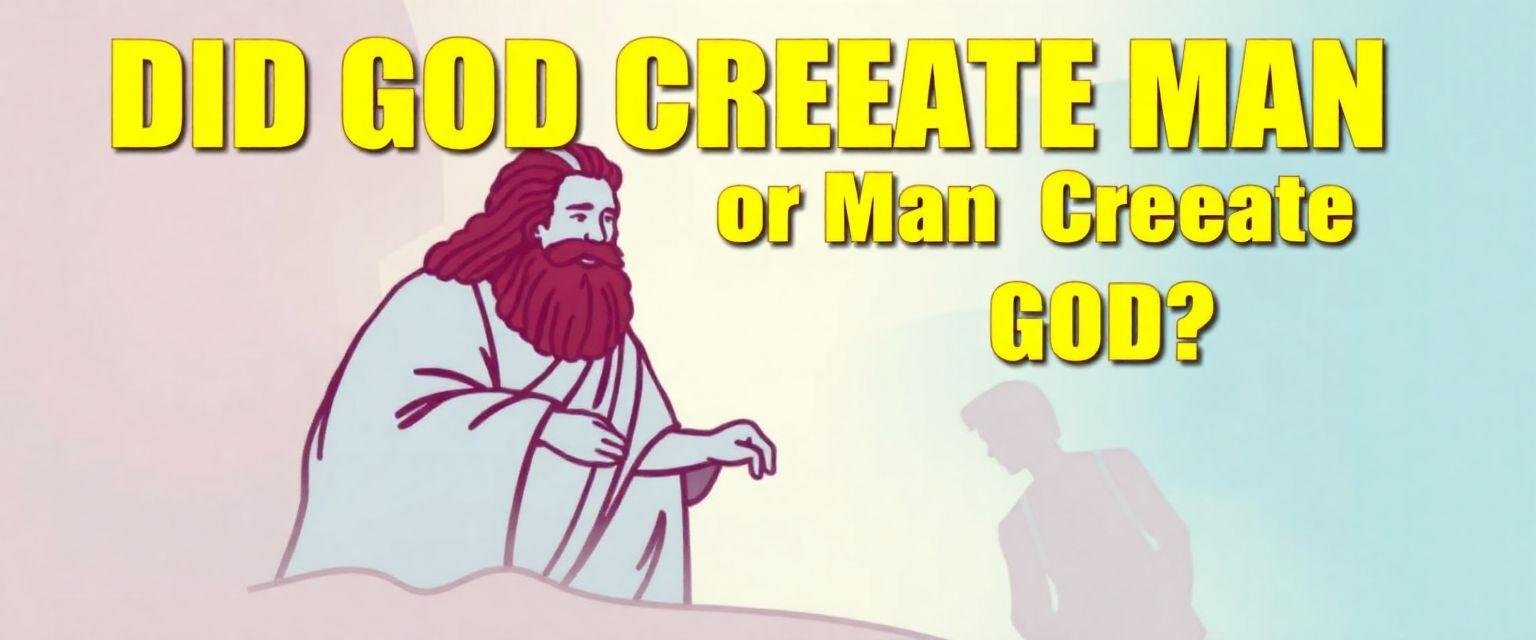
In modern times, morality is increasingly seen as a social construct that can exist independently of religious doctrine. This shift can be attributed to the Enlightenment and the rise of secular philosophies that emphasize human reason and ethics over divine command. Research indicates that even in secular societies, moral behavior thrives, suggesting that morality may be more deeply rooted in social cooperation than in religious belief.
Insider Tip: Moral psychologist Jonathan Haidt argues that morality is not just about harm and fairness but also about loyalty, authority, and sanctity, which are often culturally defined.
Thought-Provoking Question:
- Can morality exist independently of religion, or do we inherently need a higher power to guide our ethical compass?
The Evolution of Sin
The concept of sin has been a powerful tool in religious narratives, often used to define and control behavior. In early religious texts, sin was typically a transgression against divine law, with severe consequences. This idea served as a means to maintain order and compliance within a community.

Over time, the interpretation of sin has shifted. In some modern religious perspectives, sin is viewed more as a personal failing or a deviation from one’s spiritual path rather than a legalistic breach of divine law. This evolution reflects a broader shift towards individualism and personal spirituality.
Insider Tip: Theologian and author C.S. Lewis suggested that the concept of sin is inherently tied to our understanding of justice and repentance, evolving as our societies become more just.
The Evolution of Heaven and Hell
Heaven and Hell have been central to many religious doctrines, offering rewards and punishments in the afterlife to incentivize moral behavior. In ancient times, these concepts were often vivid and physical, with detailed descriptions of paradisiacal gardens or fiery pits.

As philosophical and scientific understanding of the universe has expanded, interpretations of Heaven and Hell have become more metaphorical. They are often seen as states of being or consciousness rather than literal places. This shift illustrates the growing tendency to view spiritual concepts through a personal and introspective lens.
Insider Tip: Comparative religion expert Huston Smith notes that the varied interpretations of Heaven and Hell across cultures reveal more about human hopes and fears than about any actual afterlife.
The Evolution of the Soul
The soul, often considered the essence of a person, has been a key element in religious and philosophical discussions. Early beliefs depicted the soul as a separate entity that could leave the body, influencing the development of rituals surrounding death and the afterlife.
In contemporary thought, the concept of the soul is frequently reinterpreted in psychological or metaphorical terms. Some view the soul as a representation of one’s consciousness or identity rather than a distinct, ethereal entity. This evolution is indicative of a broader trend towards integrating spiritual beliefs with scientific understanding.
Insider Tip: Philosopher Daniel Dennett argues that the soul is a useful fiction, a way of talking about the complex interplay of our thoughts, feelings, and consciousness.
The Evolution of the Afterlife
Beliefs about the afterlife have varied widely across cultures and epochs, reflecting humanity’s enduring fascination with what lies beyond death. Early societies often believed in a shadowy underworld, a place where all souls resided after death.
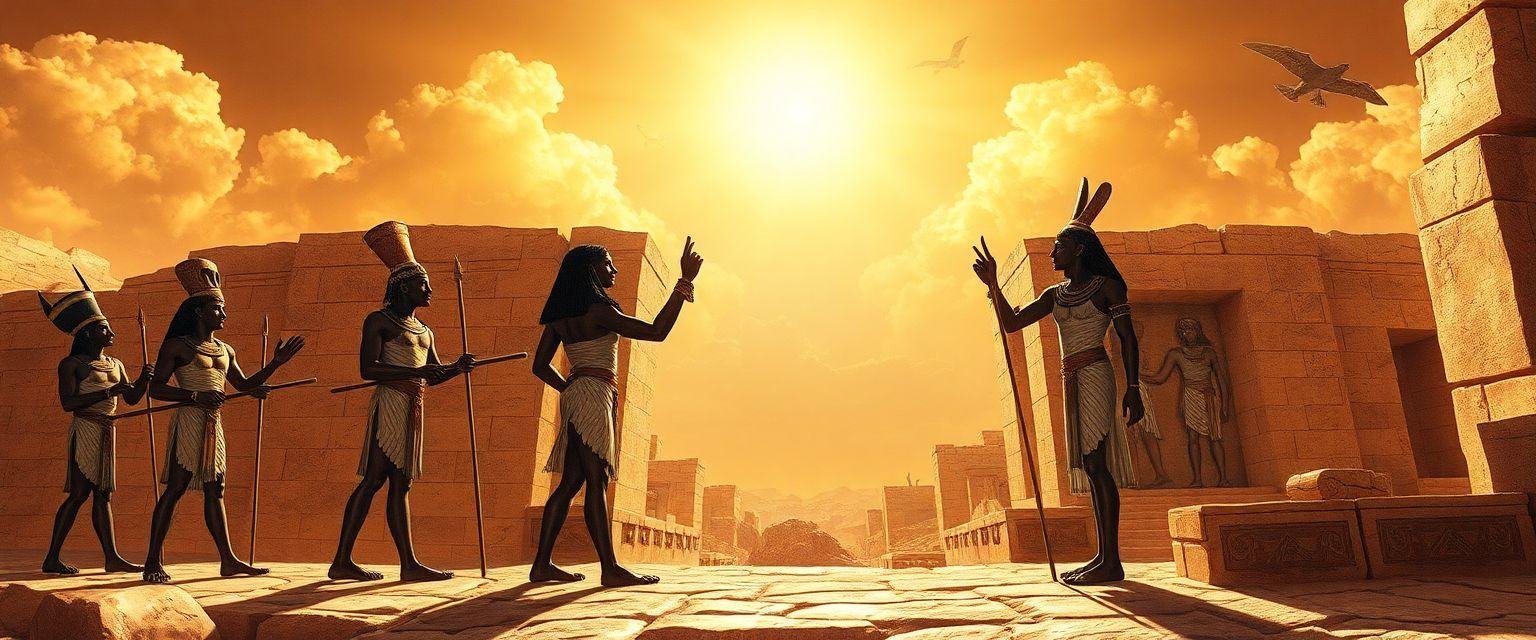
With the rise of organized religions, more elaborate visions of the afterlife emerged, often tied to moral behavior in life. Today, interpretations of the afterlife are diverse, ranging from literal to symbolic. Many people now see the afterlife as a spiritual continuation rather than a physical destination.
Insider Tip: Anthropologist Robert Hertz’s research on death rituals highlights how afterlife beliefs are deeply embedded in cultural practices and serve social functions.
The Evolution of Faith
Faith, an unwavering belief in something beyond empirical evidence, has been a cornerstone of religious experience. In ancient times, faith was often seen as a collective experience, integral to community identity and cohesion.

In the modern world, faith has become more personal and individualized. Many people find spiritual fulfillment outside traditional religious structures, in practices like meditation or nature-based spirituality. This reflects a broader cultural shift towards personal autonomy and self-discovery.
Insider Tip: According to sociologist Emile Durkheim, faith and religion serve to bind communities, but as societies evolve, faith adapts to new social contexts.
The Evolution of Doubt
Doubt is as much a part of the religious experience as faith. Throughout history, doubt has driven theological debates and philosophical inquiries, leading to reformations and the birth of new religious movements.
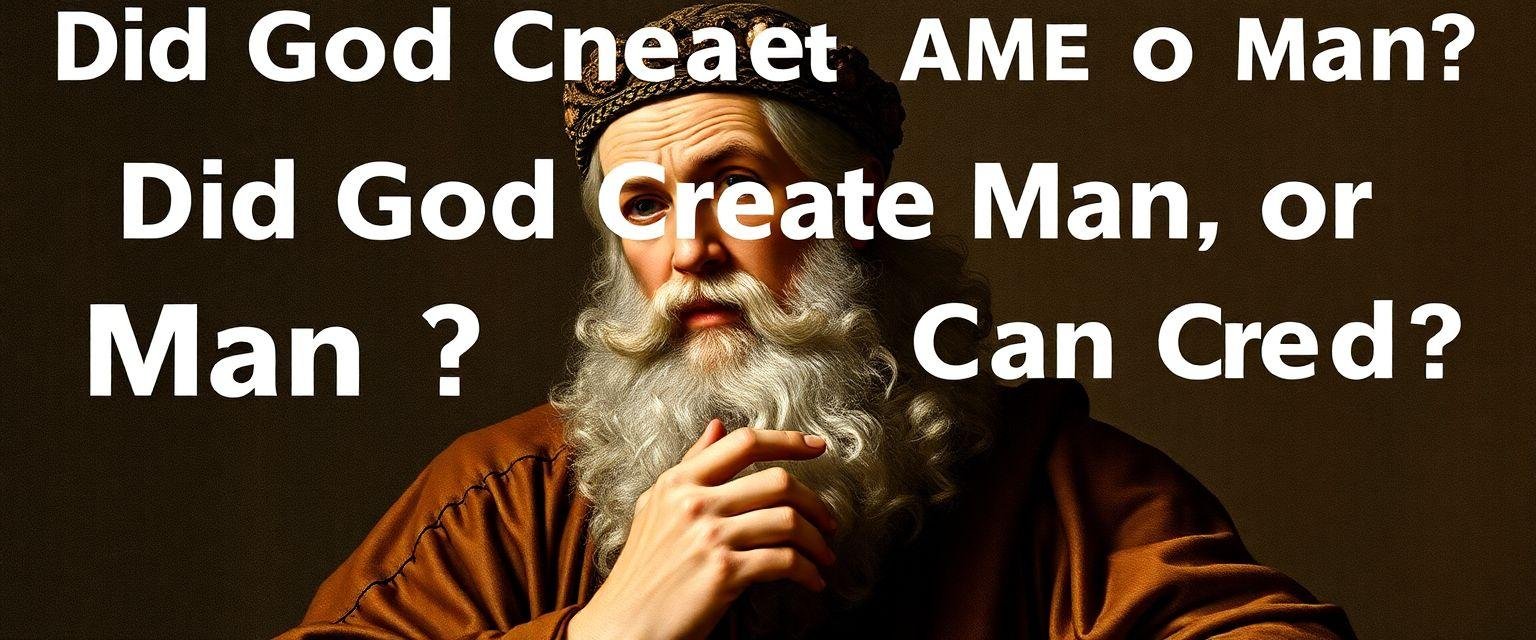
In contemporary society, doubt is often celebrated as a sign of intellectual rigor and open-mindedness. Many people embrace doubt as a way to deepen their understanding of spirituality and personal beliefs, seeing it as a necessary counterpart to faith.
Insider Tip: Theologian Paul Tillich argued that doubt is not the opposite of faith but an element of it, essential for a dynamic and living belief system.
The Evolution of the Sacred
The concept of the sacred has evolved alongside human culture, from sacred spaces and objects to more abstract ideas of sanctity. In ancient times, sacredness was often tied to specific locations or relics, imbued with divine power through rituals.
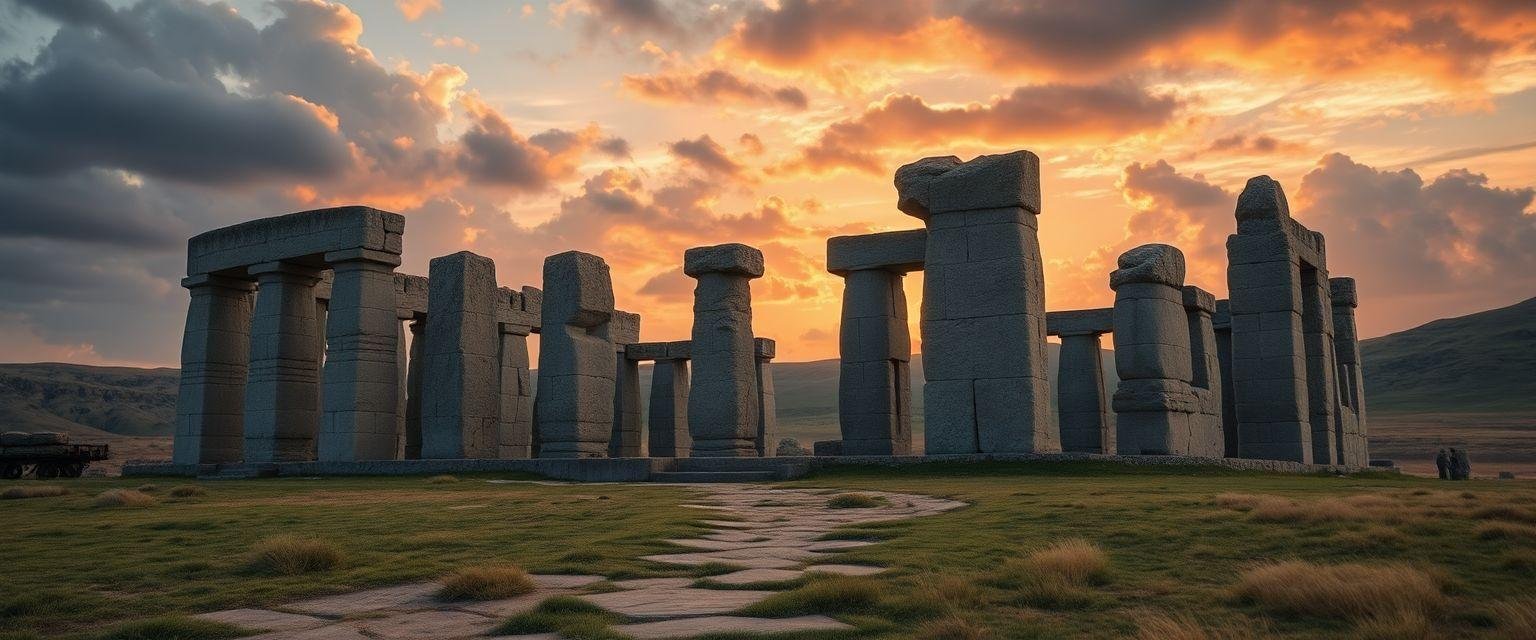
Today, the sacred is often seen as a personal or subjective experience. People find sacredness in experiences that transcend the ordinary, whether in nature, art, or human connections. This shift reflects a broader trend towards individual spirituality and self-defined meaning.
Insider Tip: Philosopher Mircea Eliade suggested that the sacred is a fundamental aspect of human experience, providing a sense of awe and connection to the cosmos.
The Evolution of the Divine
The divine, in its many forms, has been a source of inspiration and conflict throughout human history. Early humans saw the divine in nature, attributing natural phenomena to the actions of gods and spirits.
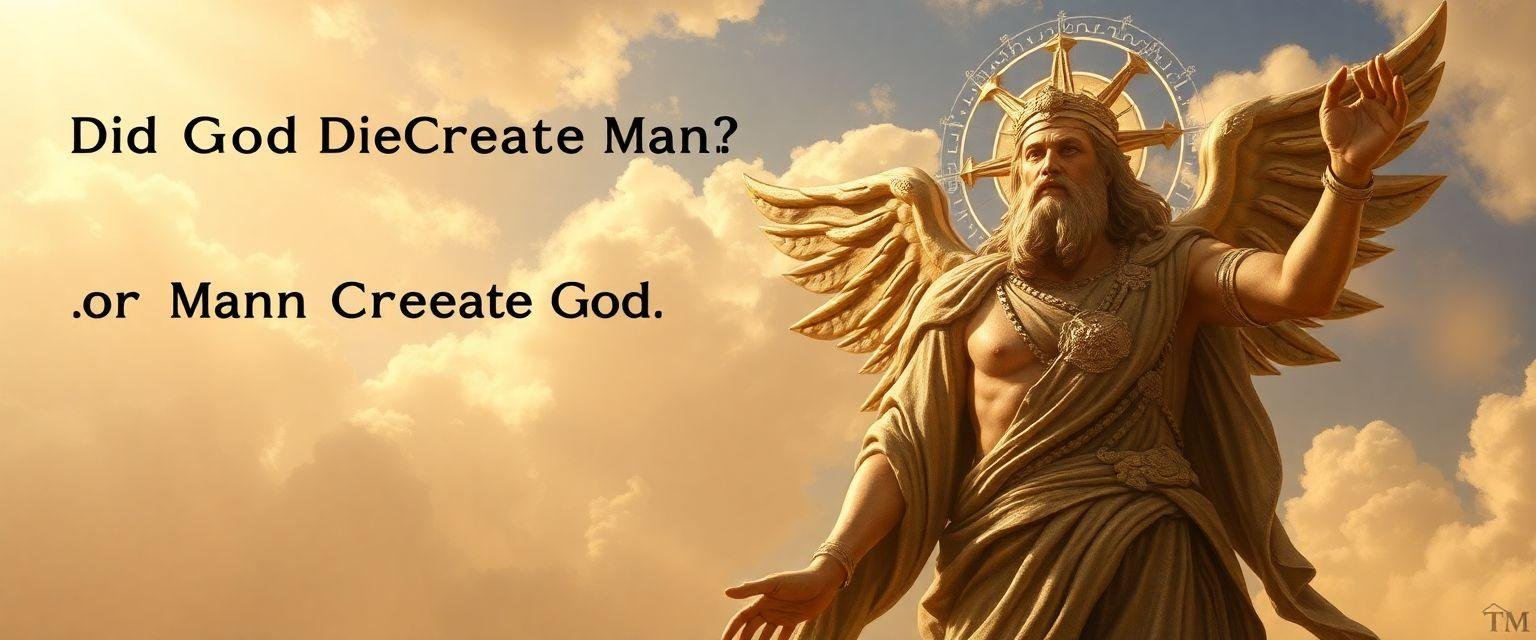
As societies grew more complex, so did their concepts of the divine. The divine became more abstract, symbolizing ideals such as love, justice, and truth. In modern times, many people see the divine as a metaphor for the mysteries of existence, a way to articulate the awe and wonder of being alive.
Insider Tip: Theologian Rudolf Otto described the divine as the “numinous,” a profound and mysterious presence that evokes both fear and fascination.
By examining the evolution of religion, we not only gain insight into the development of human culture but also reflect on our own beliefs and values. Religion, in all its forms, continues to shape our world, challenging us to consider the origins and future of our spiritual understanding. As we ponder the question “Did God create man, or did man create God?” we are invited to explore the rich tapestry of human belief and its profound impact on our lives.
For further exploration, consider the works of Karen Armstrong, whose extensive research into the history of religion provides a deeper understanding of how religious beliefs have evolved over time.
In conclusion, the evolution of religion is a testament to human creativity and resilience. It reflects our deepest fears, hopes, and aspirations, challenging us to continuously explore the nature of existence and our place within it. Whether one believes in a divine creator or sees religion as a human construct, the journey of religious evolution is a fascinating narrative that continues to unfold.

